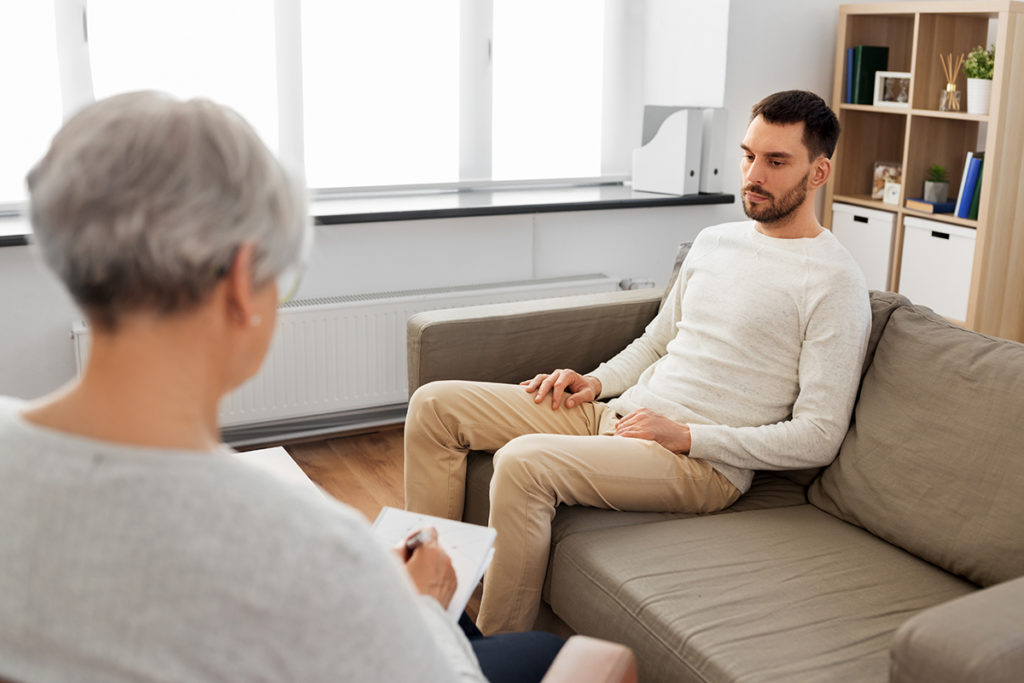Dealing with an addict spouse may seem like a struggle at times, but there is light at the end of the tunnel. The person you fell in love with and married is still there, but is challenged by a disease. Fortunately, recovery is possible. Unfortunately, the nature of the disease that is addiction means that a person has to want to get better. Ridding the body of the toxic drugs or alcohol is just one step. Changing the behaviors that lead to relapse is the ultimate goal, and it requires the addict to be motivated to change. Sometimes, when you’re dealing with an addict spouse, all you can do is be as supportive and encouraging as possible. Here are some specific factors that the Substance Abuse and Mental Health Services Administration has found to be particularly crucial in helping a loved one overcome drug or alcohol addiction:
- Health. Promote overall health during your spouse’s addiction recovery by ensuring you both eat healthy meals, and get outside to enjoy the sunshine and exercise. Take time out of each day to play games or do activities that are fun for both of you. Get in the habit of making healthy choices together.
- Home. Even though you may have been frustrated at times when dealing with an addict spouse, reassure him or her that you won’t be kicking him or her out or filing for divorce. Say it as much with your actions as with your words.
- Purpose. Help your loved one find a new purpose in life by exploring different activities. Take ballroom dance classes, volunteer, find a new career, undertake a home renovation project, travel, etc. Anything enjoyable that gives a sense of purpose, longevity and goal-setting is a perfect choice.
- Community. You might be your spouse’s greatest champion during recovery, but you both need community support, too. Reconnect with old friends by going out to eat or hosting a game night. Plan family get-togethers on a regular basis. Get involved with your place of worship if you’re spiritual, join neighborhood groups, join a recreational sports team, attend trivia nights, take a class, etc. Do what you love and you’ll find the community you love. Then be sure to hold onto that community through regular contact and two-way support.
Helping a loved one overcome alcoholism or drug addiction can be the perfect opportunity for a fresh start for both of you. Do things together but encourage independence as well. It’s okay if you don’t enjoy all of the same activities. Supporting and facilitating healthy choices is key.






